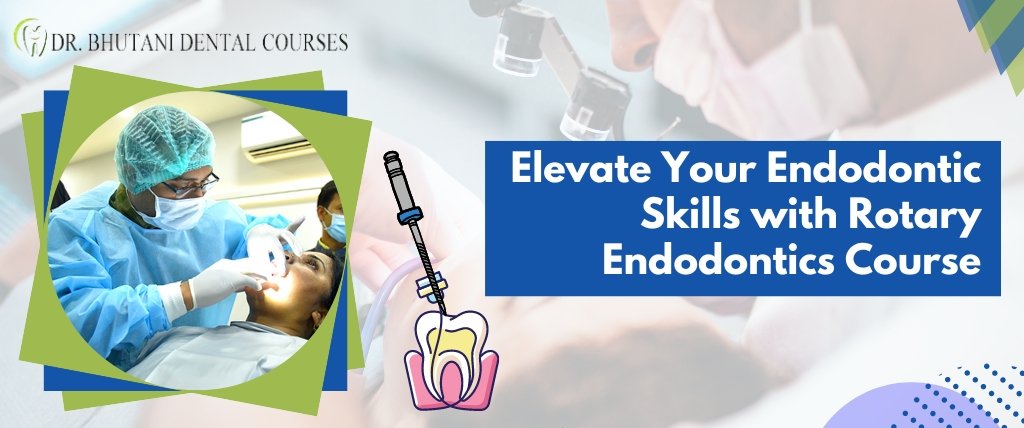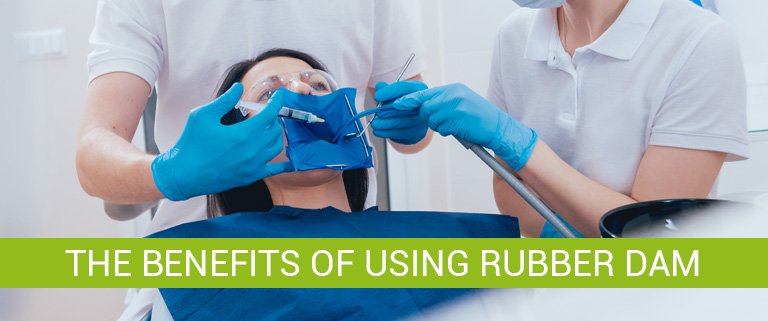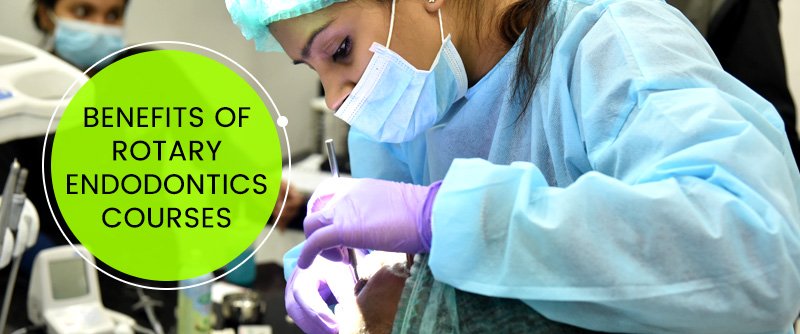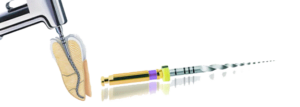Are you looking to enhance your endodontic skills and take your practice to the next level? Look no further than rotary endodontics course! This innovative technique has revolutionized root canal procedures, offering greater precision, efficiency, and patient comfort. But what exactly is rotary endodontics? And why should you consider taking a course in it? In this blog post, we’ll explore everything you need to know about rotary endodontics and how it can benefit both you and your patients. So let’s dive in!
What is Rotary Endodontics?
Rotary endodontics is a modern approach to performing root canal treatment. It involves using an electric handpiece and specialized files to clean and shape the inside of the tooth, rather than traditional manual tools. The handpiece rotates the file at high speeds, allowing it to remove infected tissue more quickly and precisely.
One key advantage of rotary endodontics is increased efficiency. With manual tools, it can take longer to complete a root canal procedure, leading to extended chair time for patients. Rotary instruments allow dentists to work faster while maintaining accuracy and quality.
Improved patient comfort is another benefit of rotary endodontics. Traditional methods exert greater pressure on teeth during treatment, which can sometimes cause pain or discomfort in sensitive areas. However, the machine-controlled system of rotary endodontics greatly reduces this problem.
This technique offers many advantages over traditional methods that make it worth exploring further if you’re looking for ways to improve your practice’s efficiency and patient satisfaction levels!
Exploring the Various Types of Rotary Endodontics
Rotary endodontics is an advanced dental procedure that involves using a motorized handpiece to perform root canal treatment. There are various types of rotary endodontic systems available in the market, each with its unique features and benefits.
One type of rotary system is called continuous rotation. This system uses a continuously rotating file to shape the canal and remove infected tissue from inside the tooth. Another type of rotary system is reciprocation, which uses back-and-forth movements instead of continuous rotation.
Some rotary endodontic systems use heat-treated files, while others use nickel-titanium (NiTi) instruments that have excellent flexibility and resistance to fatigue. Additionally, some systems offer enhanced visualization with intraoral cameras or 3D imaging technology.
It’s worth noting that different practitioners may prefer different types of rotary systems based on their training and experience. Choosing the right tool for performing root canals depends on many factors such as patient condition, operator preference, budget considerations etc.
There are several types of rotary endodontic systems available in today’s market; each with its own set of advantages and disadvantages depending on specific requirements or preferences.
Analyzing the Advantages and Disadvantages of Rotary Endodontics
Rotary endodontics is a modern technique that uses an electric handpiece to perform root canals. This method has many advantages over traditional methods, such as being faster and more efficient. However, like any other dental procedure, it also has its disadvantages.
One of the biggest benefits of rotary endodontics is its speed. The electric handpiece allows for quicker and more precise cutting of the tooth structure, which saves time during the appointment and can reduce patient discomfort in lengthy procedures.
Another advantage is increased efficiency. Rotary files have a greater range of motion than traditional files do and are less likely to break or distort during use. This means that fewer files may need to be replaced during treatment.
However, there are some drawbacks to rotary endodontics as well. One disadvantage is that it requires special training for dental professionals who want to use this technique effectively since it differs from conventional methods in several ways.
Additionally, some patients may experience increased sensitivity due to the heat generated by the electric handpiece while performing root canal therapy with rotary instruments.
Despite potential drawbacks, rotary endodontics offers significant benefits over traditional techniques when used correctly by well-trained practitioners with proper equipment at their disposal.
Unveiling the Benefits of Enrolling in a Rotary Endodontics Course
Taking a Rotary Endodontics Course can provide many benefits for dental professionals. One of the main advantages is that it allows them to elevate their endodontic skills and offer more advanced treatment options to their patients.
By learning about the different types of rotary endodontic techniques, dentists can improve their speed and accuracy while performing procedures. This can lead to better outcomes for patients and increased job satisfaction for practitioners.
Taking an endodontics course helps dentists stay updated on the latest technologies and advancements in the field. It enables them to learn new approaches for complex cases, expanding their practice capabilities and attracting new patients.
Improving knowledge in rotary endodontics through courses like Dr. Deepak Bhutani’s Rotary Endodontics Course gives dental professionals an edge over competitors lacking such expertise.
Investing time into pursuing training opportunities like this course offers many potential benefits that are well worth considering if you want to take your career in dentistry further.
Why choose Rotary Endodontics Course By Dr Deepak Bhutani
Dr Deepak Bhutani is a renowned name in the field of endodontics, with years of experience in treating complex cases. The Rotary Endodontics Course helps dentists enhance skills and gain expertise in using rotary instruments for root canal treatment.
The course encompasses all aspects of rotary endodontics, covering basic techniques to advanced procedures, ensuring participants are well-equipped to handle any kind of case. Dr Bhutani’s teaching methodology focuses on hands-on training and practical demonstrations, enabling participants to learn by doing.
Participants receive personalized attention, feedback, and the opportunity to clarify doubts in this course. It also provides comprehensive study material and access to online resources for ongoing learning.
Dentists highly prefer Dr. Bhutani’s Rotary Endodontics Course for its benefits and his expertise in simplifying complex concepts. With his guidance and mentorship, participants can elevate their endodontic skills and take their practice to new heights.
Conclusion
Rotary endodontics is a rapidly evolving field that has revolutionized the way root canal treatments are performed. By using specialized instruments and techniques, it offers several benefits over traditional methods, such as increased efficiency and reduced treatment time.
If you are looking to elevate your short term dental course also skills and provide better patient care, enrolling in a short term dental course is an excellent choice. It will equip you with the knowledge and practical experience needed to perform successful procedures with confidence.
The short term dental course by Dr Deepak Bhutani stands out as one of the best options available in India. With its comprehensive curriculum, experienced instructors, and hands-on training opportunities, this course will help you take your practice to new heights.
So why wait? Take the first step towards becoming a more skilled and efficient endodontist today by enrolling in a rotary endodontics course!





